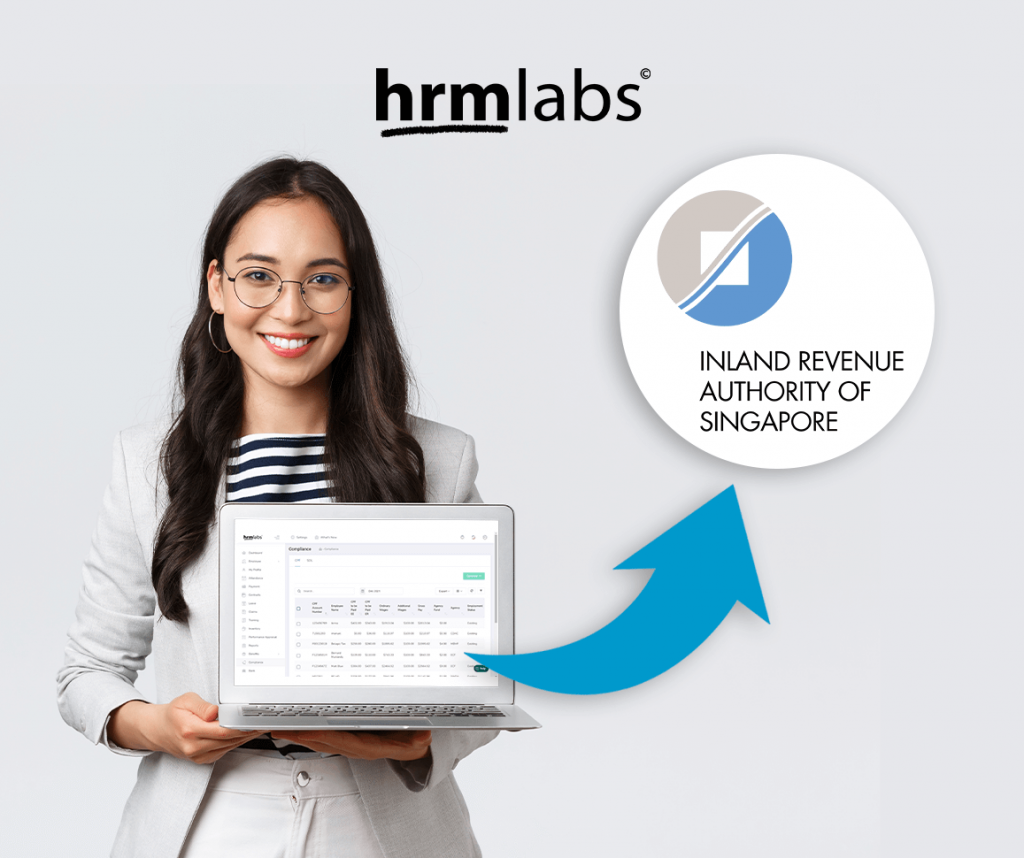Singapore, the bustling economic hub of Southeast Asia, is renowned for its pro-business environment, world-class infrastructure, and dynamic workforce. The city-state’s strategic location, well-developed financial systems, and strong government support have attracted numerous local and international companies to establish their presence in this thriving metropolis. With such a diverse and competitive business landscape, it is crucial for enterprises to adopt efficient and reliable payroll systems to manage their workforce effectively.
Let’s explore the key differences between on-premise payroll and cloud-based payroll solutions, discuss important considerations, and ultimately determine which option suits businesses in Singapore best.
The Business Landscape in Singapore
Singapore’s business landscape is a testament to its reputation as an economic powerhouse. With a robust financial sector, supportive government policies, and a skilled talent pool, the city-state has become a preferred destination for entrepreneurs and corporations alike. Its strategic location as a gateway to the rapidly growing Asian market, coupled with a stable political climate and excellent infrastructure, makes it an ideal choice for companies seeking to establish a strong foothold in the region.
As businesses flourish, so does the need for efficient and streamlined payroll management. A well-structured payroll system ensures accurate and timely salary processing, statutory compliance, and seamless employee record keeping. In light of this, companies in Singapore must make a crucial decision: whether to opt for a traditional on-premise payroll system or embrace the flexibility of a cloud-based solution.
On-Premise Payroll
Historically, on-premise payroll solutions have been the go-to choice for businesses across industries. An on-premise payroll system involves hosting the software and data on the company’s in-house servers or data centers. It provides a sense of control and security since all payroll-related information is stored within the organization’s premises. Additionally, companies can customize the software to align with their unique payroll processes and integrate it with other internal systems.
One of the main advantages of on-premise payroll is the ability to operate independently without relying on external internet connectivity. This can be particularly beneficial in situations where internet access might be unstable or limited. However, on-premise payroll systems come with their own set of challenges. The initial setup costs can be significant, encompassing hardware, software licenses, and IT expertise to maintain the system. Additionally, software updates and maintenance are the responsibility of the organization, requiring dedicated resources and time.
Cloud-Based Payroll
Cloud-based payroll solutions have gained tremendous popularity in recent years, revolutionizing how businesses handle their payroll processes. With a cloud-based system, all payroll data and software are securely stored and accessed via the internet, eliminating the need for on-premise servers. This web-based approach offers unparalleled convenience, allowing authorized personnel to access payroll information anytime, anywhere, and from any device with an internet connection.
The primary advantage of a cloud-based payroll system lies in its cost-effectiveness and scalability. Instead of upfront capital expenditures, businesses can opt for a subscription-based model, paying only for the services they need and use. Moreover, cloud-based solutions typically handle updates, security patches, and backups, relieving the organization of these responsibilities and allowing them to focus on core business operations. The scalability of cloud-based payroll ensures that businesses can easily accommodate changes in employee count or payroll complexity without facing major challenges.
Things to Consider
Data Security and Compliance: For businesses in Singapore, data security and compliance with local regulations, such as the Personal Data Protection Act (PDPA) and the Employment Act, are of utmost importance. Evaluate the security measures and certifications provided by both on-premise and cloud-based payroll providers to ensure data protection.
- Cost and Budget: Consider your company’s budgetary constraints and long-term financial goals. Assess the upfront costs of implementing an on-premise system against the ongoing operational expenses associated with a cloud-based solution.
- Accessibility and Flexibility: Evaluate the needs of your workforce and management team. Determine whether remote access to payroll information is vital for your organization or if an on-premise solution would suffice.
- Scalability and Growth: Factor in your company’s growth projections and potential expansion plans. A scalable payroll system will accommodate the addition of new employees and adapt to changing payroll complexities without disrupting operations.
- Support and Maintenance: Consider the level of technical support required for your chosen payroll system. Assess whether your organization has the in-house expertise to handle an on-premise solution or if outsourcing support for a cloud-based system would be more beneficial.
Which One is Better for Businesses in Singapore?
Ultimately, the decision between on-premise and cloud-based payroll hinges on the unique requirements and preferences of each business. For established companies with the necessary infrastructure and in-house IT capabilities, an on-premise payroll system might offer a sense of control and familiarity. However, for startups, SMEs, and organizations seeking cost-effectiveness, scalability, and remote access, a cloud-based payroll solution presents an attractive proposition.
The business landscape in Singapore thrives on innovation and adaptability, and the shift towards cloud-based payroll is in line with this ethos. Embracing cloud technology not only streamlines payroll processes but also allows businesses to focus on their core competencies and strategic growth.
HRMLabs Cloud-Based Payroll Solution

As the business landscape in Singapore continues to evolve, payroll management remains a critical aspect of every organization. Whether you opt for the reliability of an on-premise system or the flexibility of a cloud-based solution, the key is to choose the one that aligns with your business objectives, caters to your specific needs, and positions your company for success in this vibrant and competitive marketplace.
HRMLabs offers a comprehensive cloud-based payroll solution that can streamline your payroll processes, ensuring compliance with Singapore’s labor laws. With HRMLabs you can automate your CPF contributions, ensuring accurate and timely payments. The software also simplifies SDL payments and other payroll processes, reducing the risk of errors and penalties.
Discover the power of HRMlabs and unlock the potential of streamlined payroll operations. Contact HRMLabs now!



